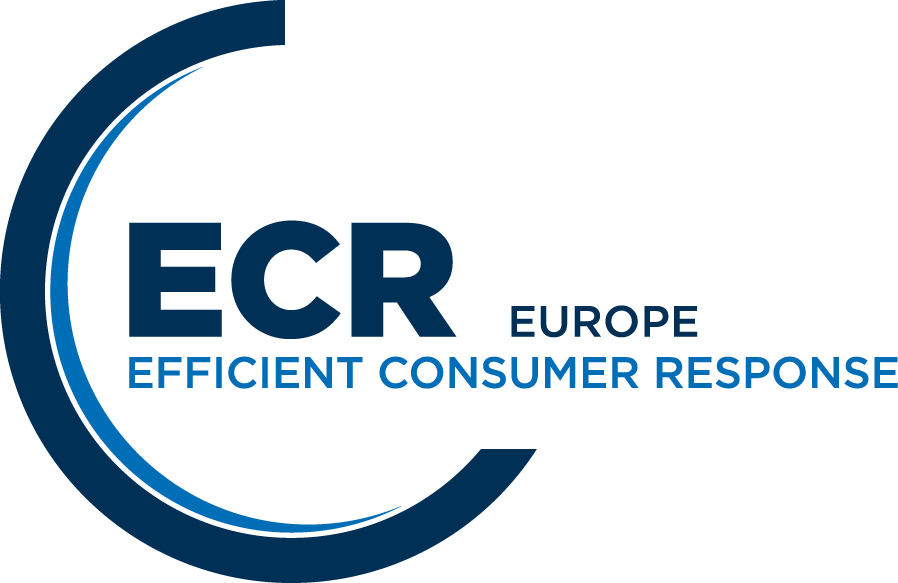
|
|
 The ECR (Efficient Consumer Response) movement effectively began in the mid-90s and was characterised by the emergence of new principles of collaborative management along the supply chain. It was understood that companies can serve consumers better, faster and at less cost by working together with trading partners.
The ECR (Efficient Consumer Response) movement effectively began in the mid-90s and was characterised by the emergence of new principles of collaborative management along the supply chain. It was understood that companies can serve consumers better, faster and at less cost by working together with trading partners.
At the heart of ECR was a business environment characterised by dramatic advances in information technology, growing competition, pressure on margins, global business structures and consumer demand focused on better choice, service, convenience, quality, freshness and safety and the increasing movements of goods across international borders aided by the internal European market.
This new reality required a fundamental reconsideration of the most effective way of delivering the right products to consumers at the right price. Non-standardized operational practices and the rigid separation of the traditional roles of manufacturer and retailer, as well as the lack of collaboration between them, threatened to block the supply chain unnecessarily and failed to exploit the synergies that came from powerful new information technologies and planning tools.
To better serve the consumer, ECR set out to invert the traditional model and break down non-productive barriers. The impacts were extensive and continue to resonate across industry.
ECR: Working together to fulfill consumer wishes better, faster and at less cost!
Focus Areas of ECR:
There are four focus areas of ECR. These areas are broken down further into core and advanced improvement concepts.
Individually these concepts are commonly known and well documented methods to improve effectiveness and efficiency. However, when applied under ECR, they have two distinct differences:
- They are intended to be addressed as an integrated set, not individually;
- They are assessed in terms of their impact across the entire supply chain, not just the business of individual trading partners.
Benefits for consumers: Benefits for retailers:
Greater selection and comfort Greater loyalty of consumer;
Shopping according to the needs; Better market research;
Limiting goods shortages; Better relations with suppliers;
More fresh and cheaper products. Improvement in chain efficiency.
Benefits for manufacturers:
Effilcient production;
Demand synchronization;
Less goods shortages;
Stronger brand position;
Durable trade relations.
Register for ECR Baltic membership, events and services | Join Supply Chain Committee | Shopper Committee| Digital Committee | Legal (Supply Chain Initiative) | Annual ECR Baltic Forum Group | Training and Education Committee
